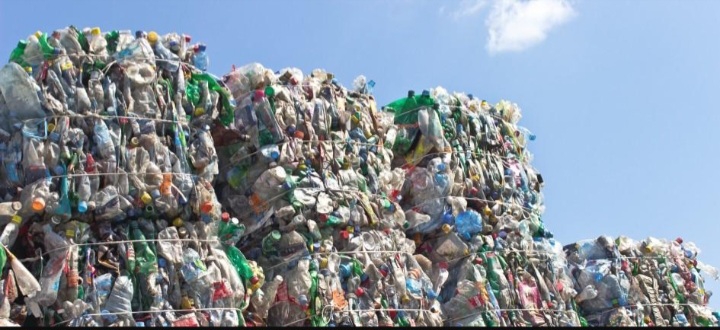Across Nigeria’s urban centers, particularly in Lagos and Ogun states, a quiet revolution is underway. Individuals once marginalized as informal waste pickers are now at the forefront of a burgeoning recycling economy, transforming discarded plastic into valuable commodities and sustainable livelihoods.
The Rise of the Informal Recycling Sector
In cities like Lagos, which generates approximately 12,000 metric tons of waste daily, informal waste collectors play a pivotal role in managing plastic pollution. Armed with simple tools like carts and sacks, these collectors traverse neighborhoods, gathering polyethylene terephthalate (PET) bottles and other recyclables. Their efforts not only contribute to environmental cleanliness but also provide them with a steady source of income.
For instance, in Ikeja, waste pickers can earn between ₦2,075 and ₦5,530 daily, depending on their collection routes and the volume of recyclables gathered. Women involved in sorting activities typically earn around ₦700 per day. These earnings, while modest, are significant for many families, offering financial stability and reducing poverty levels.
Corporate and Government Initiatives
Recognizing the potential of recycling, both corporate entities and government bodies have initiated programs to support and formalize the sector.
- Coca-Cola System's Packaging Collection Hub: In January 2025, the Coca-Cola System in Nigeria inaugurated a state-of-the-art Packaging Collection Hub in Apapa, Lagos. This facility boasts the capacity to process up to 13,000 metric tons of plastic bottles annually, aiming to enhance PET collection and promote the production of recycled PET (rPET) materials.
- *Nigerian Bottling Company's Recycling Banks:* The Nigerian Bottling Company has established multiple recycling banks across Lagos and Abuja. These centers serve as collection points for PET bottles, encouraging residents to exchange plastic waste for monetary rewards, thereby incentivizing recycling at the grassroots level.
- Ogun State's 'Plastics for Cash' Initiative: Ogun State has implemented progressive waste management programs like the 'Plastics for Cash' scheme, which allows residents to trade collected plastic waste for cash. This initiative not only promotes environmental sustainability but also provides economic opportunities for the populace.
Social Enterprises and Community Programs
Social enterprises have also played a crucial role in integrating recycling into community development.
- Wecyclers: Founded in 2012, Wecyclers is a waste management company that enables low-income communities to exchange recyclable waste for cash and other rewards. Utilizing low-cost cargo bicycles, Wecyclers provides convenient recycling services, fostering a culture of sustainability.
- RecyclesPay Program: In partnership with the Africa Cleanup Initiative, the RecyclesPay program allows parents in low-income communities to pay school fees using collected plastic bottles. For example, at Morit International School, parents can offset tuition costs by submitting PET bottles, thereby easing financial burdens and promoting education.
Challenges and the Path Forward
Despite the progress, informal waste collectors face numerous challenges, including health risks, lack of social protections, and income instability. Studies highlight the need for formalizing the sector, providing access to healthcare, education, and fair remuneration. Implementing policies that recognize and support these workers is essential for the sustainability of the recycling economy.
Moreover, enhancing public awareness about the economic and environmental benefits of recycling can further integrate these practices into daily life, ensuring a cleaner and more prosperous Nigeria.
The transformation of plastic waste into economic opportunities in Nigeria exemplifies the potential of sustainable practices to drive social and economic development. By supporting and formalizing the efforts of waste collectors, Nigeria can continue to build a robust recycling industry that benefits both the environment and its citizens.















0 Comments